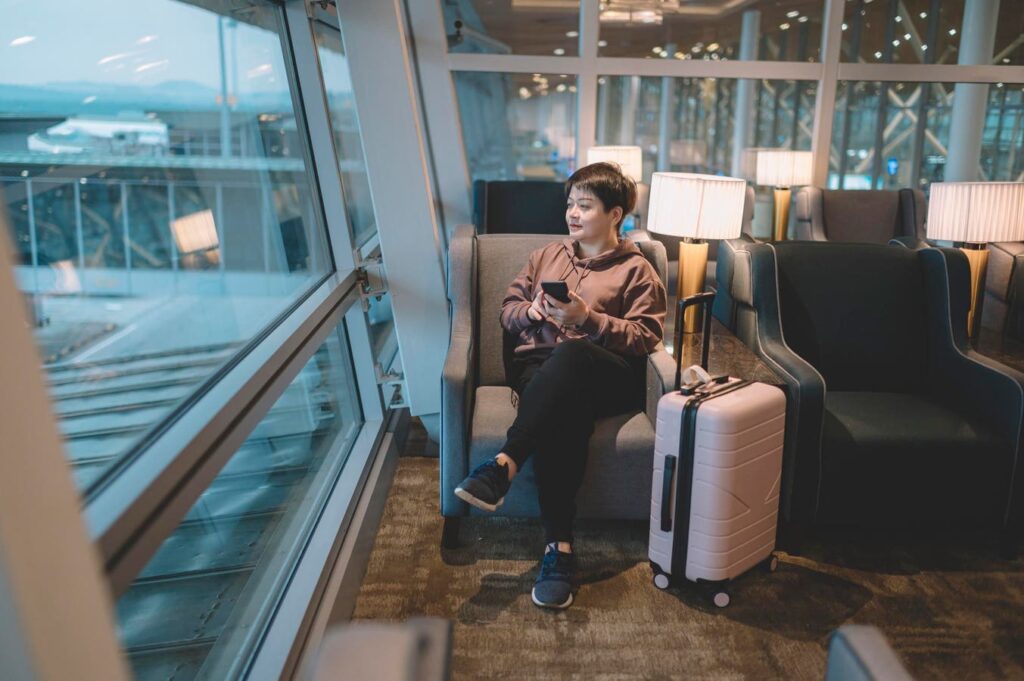Pascal Bélanger, Senior VP Americas at Plaza Premium Group, leads a global provider of hospitality services and airport lounges.
You don’t have to be ultra-wealthy to travel like you own a private jet.
Though first-class travel has long been synonymous with deep pockets, travelers with more modest incomes are increasingly finding ways to infuse their journeys with more premium features, reflecting a broader democratization of luxury in the travel industry.
Service providers across the travel ecosystem—from airports and lounges to airlines—are evolving as a result, developing a plethora of new experiences and service tiers in an effort to cater to a more luxury-minded, budget-conscious traveler.
I’ve seen firsthand how luxury travel has transformed from a niche offering into a more widespread expectation. In reaction, I believe businesses must adapt to shifting demands to uncover untapped markets, build loyalty and set themselves apart. Yet, the question remains: How can the travel industry meet (and even exceed) luxury expectations? In building off the first point in my earlier article on personalization in customer service, I would like to answer exactly that.
Personalized And Tiered Services Drive Growth
Travelers today want options that feel tailor-made, even if they come at a premium. Middle-income travelers, interestingly, are increasingly expecting access to premium experiences—and they’re willing to pay for them, too.
Many airlines have begun offering premium or comfort-class tickets that include faster check-in, enhanced customer service, priority bag handling and on-board luxuries like upgraded toiletries and extra legroom. These offerings provide a taste of luxury at a fraction of the price of traditional first-class tickets.
In my experience, tiered service models are among the most effective ways to satisfy varying customer expectations while boosting revenue. Options such as customizable meals or dedicated customer service allow guests to personalize their experience, creating a sense of value and exclusivity.
By adopting a tiered approach, businesses can cater to both affluent travelers and those seeking a small indulgence, striking a balance between accessibility and elevated service.
Premium Lounge: A Growing Appeal
Once a rarefied privilege limited to business-class travelers, premium lounges are gradually becoming more affordable through day passes and memberships—and regular travelers are willing to spend to get in.
Depending on location, a growing number of premium lounges can be accessed via single-day passes for between $25 and $80 per person, allowing non-business travelers to recharge in a comfortable environment for a relatively affordable price. Additionally, subscription models allow guests to visit a variety of lounges around the world without splurging on first-class airfare.
As with in-cabin luxuries, flexibility is key for businesses looking to capitalize on this trend. By providing tiered access—whether through day passes or subscription models—you can appeal to a wider audience without diluting the exclusivity of the premium experience. Consider adding value with amenities like gourmet dining, quiet workspaces or even spa services to attract luxury-seeking customers.
Economy Travelers Want To ‘Feel’ First-Class
For many travelers, luxury isn’t about affording first-class; it’s about experiencing first-class moments.
Research from Mastercard’s 2024 Affluent Travel Report highlights that 21% of those deemed affluent are willing to pay more for things like first-class travel and unique private excursions. These touches provide a taste of the high life.
I see this as a prime opportunity for businesses across the airport hospitality ecosystem to design affordable luxury upgrades that resonate with a broader customer base. Features such as day-pass access to premium lounges, curated dining options, spa treatments or even expedited security screening create moments that elevate the journey.
It’s about finding ways to offer luxury in an approachable, scalable manner that enhances the overall journey without breaking the bank.
The Future Of Travel Is Premium
The changing face of luxury travel is as much an opportunity as it is a challenge. The demand for accessible, elevated experiences is here to stay, and businesses will need to rise to meet this expectation.
The key is understanding that luxury is, somewhat paradoxically, no longer about exclusivity; instead, it’s about making personalized, memorable experiences accessible to a broader audience. As travel continues to evolve, one thing is clear: The future is premium, and it’s for everyone.
Forbes Business Council is the foremost growth and networking organization for business owners and leaders. Do I qualify?
Read the full article here











